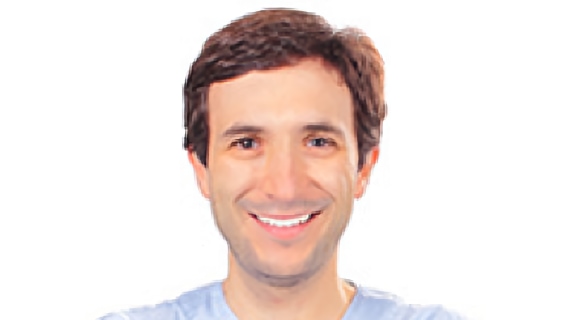Ricardo Dias
Procedures for consultation and decontamination of office areas

- Dentist enrolled in the Portuguese Dental Association
- Degree in Dental Medicine from the Faculty of Medicine of the University of Coimbra, 2016
- Post-graduate in Prosthetic Oral Rehabilitation from FMUC, 2009
- PhD in Health Sciences, Branch of Dental Medicine, FMUC, 2015
- Invited Assistant in the Fixed Prosthodontics course of the Integrated Master in Dental Medicine
- Researcher in Oral Rehabilitation in the areas of implantology, TMD and bruxism
- Private clinical practice in prosthetic oral rehabilitation, TMD, bruxism and orofacial pain
- Vice-Secretary of the Portuguese Society for Temporomandibular Disorders and Orofacial Pain
Nationality: Portugal
Scientific areas: Dental assistant course
28 of november, from 11h15 until 12h30
Sala 3
Conference summary
: With the emergence of the COVID-19 pandemic, the clinical practice of dental medicine needed to be readjusted, in order to minimize and mitigate the risks of cross-infection by the SARS-COV-2 virus.
In an office setting, dental medicine procedures depend on and are performed by a coordinated, trained and scientifically qualified team for their execution. This team consists of the dentist, who is primarily responsible, but also integrating the dental assistant, a key member for a successful action. The consultation period, in itself, constitutes only one of the moments of provision of oral health care to the patient. To this is added the moment of preparation and planning of the consultation, and later the conclusion and the post-consultation, both in the absence of the patient but by the patient.
The COVID-19 pandemic brought the need to adapt each of these moments, in order to make infection control effective and make dental medicine procedures safe for the patients and professionals involved.
In this presentation, the author will review the particularities inherent to dental medicine consultation in the context of COVID-19. Namely, the risk classification and specific procedures to be adopted in the preparation, performance and termination of the dental medicine consultation. In this context, the importance of the dental assistant as a member of the clinical team with a decisive role in ensuring the assumptions of biosafety will be emphasized, and actively contributing to the provision of safe and safe care.